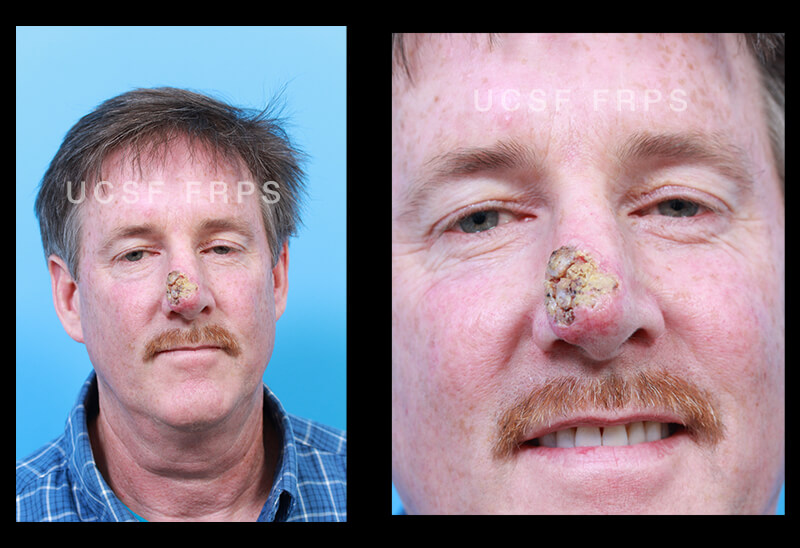
If you are considering undergoing facial implant surgery, you should first know what you can expect from the procedure. Learn about the recovery process, the incisions, and the recommended surgeon. Learn about the risks associated with this procedure. The New York Plastic Surgical Group offers expert surgical care for facial implants.
Recovery from facial implant surgery
Patients should allow themselves to rest after surgery. They should avoid strenuous activities during the first two week as there will be some swelling and bruising. The incision will also be covered with a dressing. The type of procedure and pain medication used will determine the length of the initial recovery. The full recovery time is usually about three to four months.
Facial implant surgery can be performed in the office or in a hospital. General anesthesia will be used to put the patient under general anesthesia. The surgeon will make an incision inside the mouth or lower lip. The surgeon will close the incision with stitches. To minimize swelling, the patient may be given bandaging or taping. The sutures should be removed seven to 10 days after surgery.

The patient should be kept in the recovery room during the recovery period until they are awake and stable. It is not uncommon to have a sore or sore throat after facial implants surgery. However, it is usually temporary. Any discomfort caused by facial implant surgery should be reported to the care team. Although most facial implant procedures are performed as outpatient procedures, patients should have someone to drive them home. A second person should be available for them to stay the first night.
Facial Implant Surgery: Incisions
The types of implants and the place they will be placed affect the incisions that are made during facial implant surgery. An incision is made to place cheek implants through the mouth, under the lower lip or below the chin. These are held in place by sutures. They may also be held in the place by metal screws. The stitches are usually gone within 10 days.
Facial implant surgery is performed through the mouth. Bandages are used to cover incisions. The surgeon will instruct you on how to treat your incision. He will also advise you on when to return to the surgeon for any follow-up appointments. There is a possibility of swelling following surgery. You might be unable or unable to eat for a few weeks.
The procedure involves placing synthetic material under the skin and onto bones. There are many options for facial implant materials. Material science advances are opening up new possibilities each year. Although some people prefer injectable fillers to facial implants, they are a permanent, time-tested technique that produces natural-looking results. If you're considering facial implant surgery, make sure you're in good health and have no serious medical conditions. A realistic expectation of the outcome is also important.

Recommendations for a surgeon who performs facial implant surgery
A holistic approach to cosmetic surgery of the facial area is necessary. This means the surgeon must assess the patient's emotional state before the procedure and determine whether they will tolerate the procedure. Nervousness about the procedure can cause problems. The surgeon will assess the patient's facial features and chin before performing the procedure to determine if there are any risks. High blood pressure and scarring histories could be a problem. Another risk factor could be smoking or bloodclotting. These can cause complications.
The recovery time following facial implant surgery is different. Most cases are performed outpatient. However, patients can expect swelling and bruising to last several days to a full week after the surgery. The patient may also need to use a brace while sleeping to prevent further swelling. After the procedure, the surgeon can give you specific instructions regarding your oral hygiene as well as the diet.